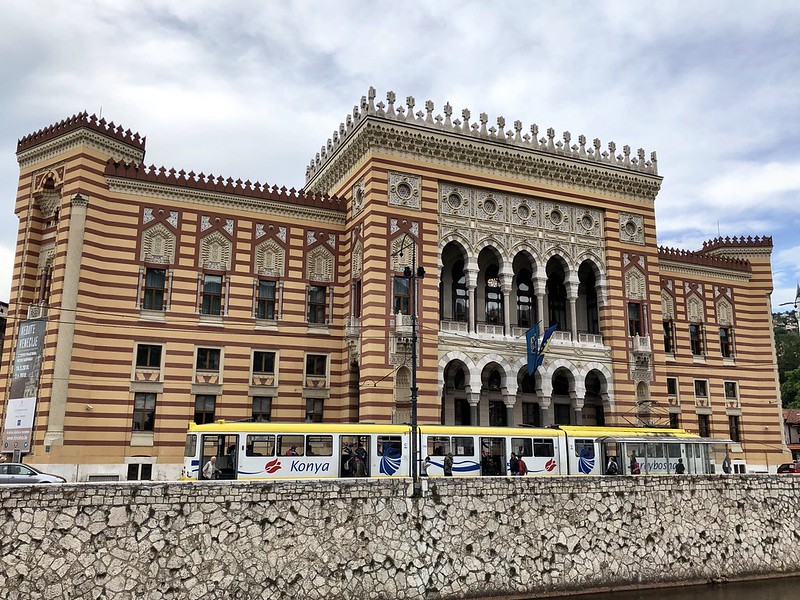On the 15th of November, local elections took place in Bosnia-Herzegovina (BiH). Around 3 million people were eligible to vote in the small Balkan country, which has been dominated by nationalistic parties, since the Dayton Peace Agreement. Voters across the country were able to choose new councils in 143 municipalities, 64 in Republika Srpska, 79 in the Bosniak and Croat Federation entity, the District Assembly in the autonomous Brcko district and mayors in 22 towns and cities. The turnout of the vote was lower than 50%. The results The SDA has been overpowered in three of the four municipalities in the capital Sarajevo, the SNSD has been defeated in its stronghold of Banja Luka, while the HDZ has lost in Prozor-Rama and several other municipalities in Croat-dominated areas. In addition, the official results of the elections have yet to be announced. The Bosnian Central Election Commission will take at least 4 days to announce the official results. These will become visible only after the mayoral races and municipal councils become available because mayors very much depend on the support from municipal councils, which can influence or block mayors’ decisions or even try to dismiss and replace them. A potential positive change on the national political level? Although the elections were local, it’s widely believed they could pave the way for new overall leadership in BiH. Despite the opposition parties’ differences in their ideology, they closed ranks and campaigned on bread-and-butter issues rather than stoking tensions. In some cities, including Sarajevo opposition parties united with a common platform and jointly fielded candidates. Irregularities Sources: Balkaninsight | Washington Post | EUnews | Sarajevotimes Photo: Flickr
|



